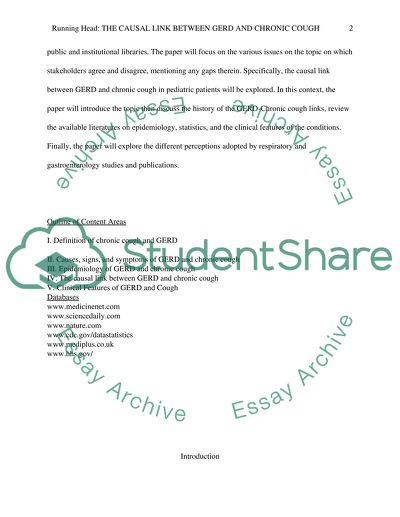Cite this document
(“The State of the Sciene Paper/Project Research Paper”, n.d.)
Retrieved from https://studentshare.org/nursing/1401233-the-state-of-the-sciene-paper-project
Retrieved from https://studentshare.org/nursing/1401233-the-state-of-the-sciene-paper-project
(The State of the Sciene Paper/Project Research Paper)
https://studentshare.org/nursing/1401233-the-state-of-the-sciene-paper-project.
https://studentshare.org/nursing/1401233-the-state-of-the-sciene-paper-project.
“The State of the Sciene Paper/Project Research Paper”, n.d. https://studentshare.org/nursing/1401233-the-state-of-the-sciene-paper-project.


